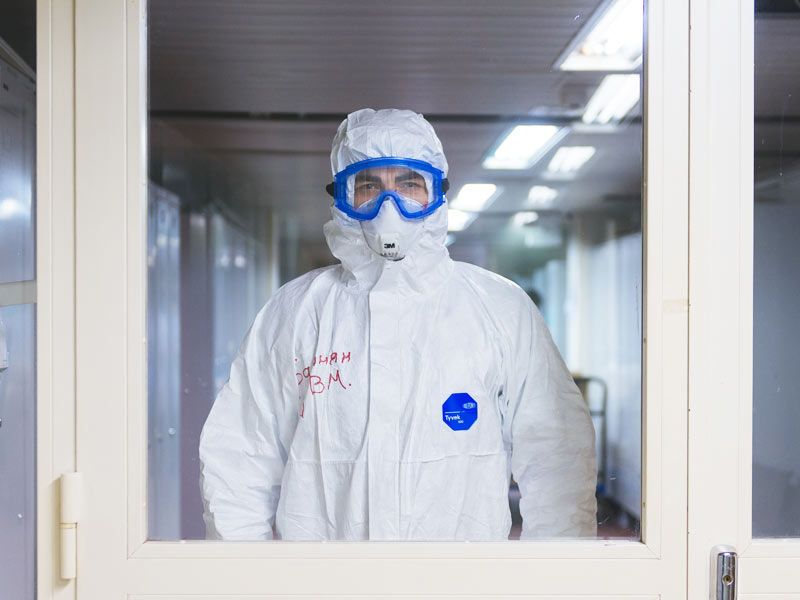
In what is yet another proof of why it is essential to get vaccinated for COVID-19, a study in Kerala found that 90% of deaths in a two-and-a-half-month period were reported among the unvaccinated. The study was conducted by the Kerala health department from June 18 to September 5, a period during which the state witnessed a spike in COVID-19 cases due to the virulent Delta variant, which is believed to be behind the aggressive second wave in India. In a statement on Thursday, Kerala Health Minister Veena George said that "90% of deaths are among those who have been unvaccinated and have co-morbidity condition." Although daily cases across India have dipped, the southern state is witnessing a massive spike, with 26,200 cases and 125 deaths recorded on Thursday.
Table of Content:-
Study Findings
Here is what the study found out:

(Photo Credit: Unsplash)
- From June 18 to September 5, as many as 9,195 deaths occurred due to COVID-19.
- 90% of those who died didn’t receive even a single dose of the vaccine.
- Of the 9,195 people who died, 905 (9.84%) were vaccinated, i.e. they had received either the first or both doses of the vaccine.
- Among the vaccinated who had died, about 700 had received the first dose and 200 had received both doses.
- Out of the total deaths, 6,200 (67.43%) were suffering from serious health ailments.
- 2,995 of those who died didn’t have any serious health issues.
- The serious ailments among COVID fatalities included diabetes (26.41%), heart issues (11.07%), kidney ailments (8.19%), respiratory problems (4.14%), paralysis (2.73%), and thyroid (1.67%), the study found out.
- The percentage of people with cancer who died of COVID-19 was found to be very low.
Vaccination In Kerala
Like the rest of India, Kerala started its mass-vaccination drive against COVID-19 on January 16. As per the Union government’s data, the state has administered doses.
- The Kerala government claims that almost 92% of those above 45 years of age have received at least one dose.
- However, as per media reports, there is a huge vaccine hesitancy among the elderly with serious health ailments.
- Even Chief Minister Pinarayi Vijayan pointed out recently that almost 9 lakh elderly with serious health issues haven’t been vaccinated.
- Higher education institutions in Kerala are set to reopen on October 5. The government has aimed to vaccinate college students with at least one dose by September 30.
Also read: Does COVID Vaccine Improve Mental Health? Study Finds Out
More About COVID Vaccines

(Photo Credit: Unsplash)
India started its mass immunisation drive against the novel coronavirus on January 16. As per the latest count, 72,37,84,586 vaccine doses have been administered.
- In a press briefing Thursday, the Director-General of the Indian Council of Medical Research (ICMR), Dr Balram Bhargava said that vaccines don’t prevent infections, but getting seriously sick with COVID-19 and even death.
- After the first dose, the vaccine’s effectiveness in preventing mortality is 96.6%. The same after the second dose is 97.5%.
Also read: COVID Booster Shots: Expert Explains What It Is, Who Needs It, Its Benefits, Side Effects
The vaccines will be instrumental in reining in the novel coronavirus, especially since experts have warned of a possible third wave, which has been predicted to peak as soon as October. A government panel has warned that this time, the children might be at risk. Although the Centre has approved Zydus Cadila’s COVID shot for above 12-year-olds, it is yet to open the vaccination for kids.
Read more articles on Other Diseases
Photo Credit: Unsplash
Also watch this video
How we keep this article up to date:
We work with experts and keep a close eye on the latest in health and wellness. Whenever there is a new research or helpful information, we update our articles with accurate and useful advice.
Current Version